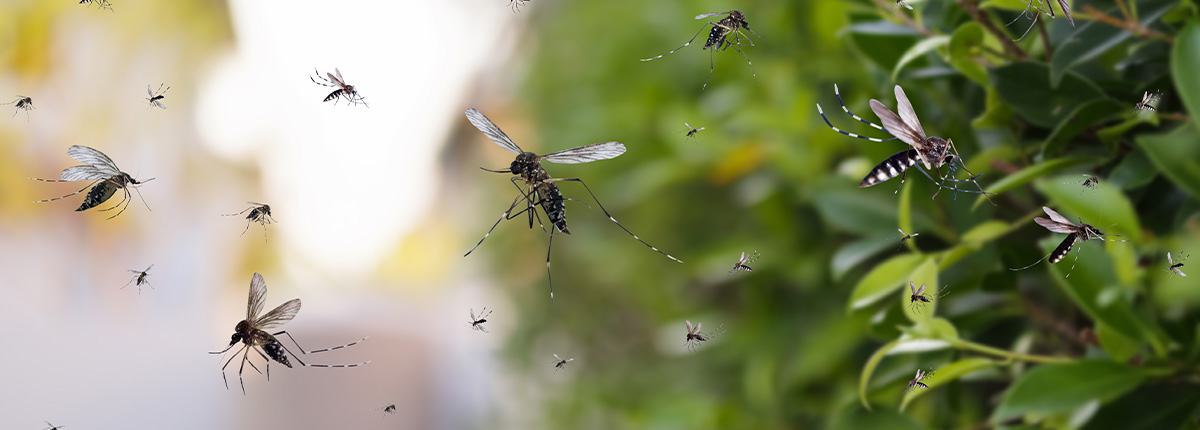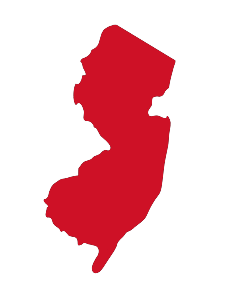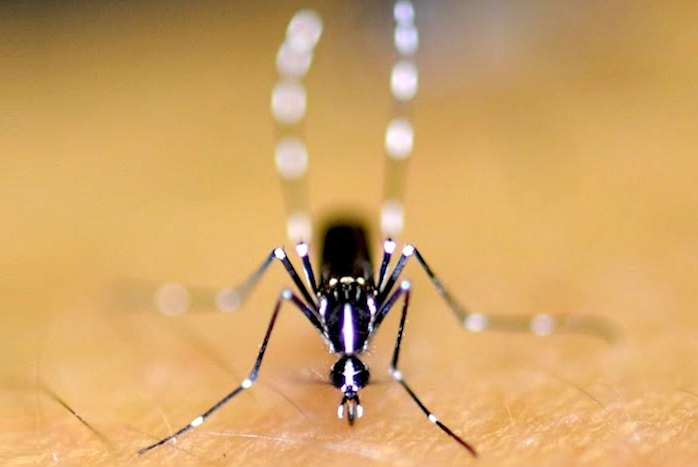Main Content
NEW COURSE! Learn how to monitor mosquito populations and implement effective strategies to reduce nuisance and disease risks.

Course Status Notice – Not Scheduled
We do not have an offering of this course scheduled at this time. Please join our email list to be notified when the next offering is scheduled!
Jump to: Overview | Instructor | Reviews | CE Credits | Contact Us | Related Courses | Join Email List
Course Details
Course Name: Mosquito Surveillance and Management Strategies
Course Code: AE0610WA26
Most Recent Offering Date: November 10 – December 19, 2025
Course Overview
![]() This class is part of the Professional Mosquito Management Certificate Program.
This class is part of the Professional Mosquito Management Certificate Program.
This course focuses on the practical aspects of surveying, monitoring, and managing mosquito populations. It is designed to provide participants with the essential knowledge and skills to implement effective mosquito surveillance programs and apply a range of management strategies aimed at reducing nuisance mosquitoes and preventing mosquito-borne diseases.
Modules
Module 1: Introduction to Mosquito Surveillance
Lesson 1: Mosquito Surveillance in Public Health; Nuisance prevention; Early Detection and Prevention of Disease Outbreaks
Lesson 2: Types of Surveillance; Passive vs. Active Surveillance; Sentinel Surveillance Systems
Module 2: Mosquito Surveillance Techniques
Lesson 3: Trapping and Sampling Methods; Mosquito Traps: Types and Applications; Collection and Preservation of Specimens
Lesson 4: GIS and Remote Sensing in Surveillance; Use of Geographic Information Systems (GIS); Drone and Satellite Technology for Monitoring Mosquito Habitats
Module 3: Pathogen Surveillance in Mosquitoes
Lesson 5: Identifying and Testing for Mosquito-Borne Pathogens; Common Pathogens: Viruses, Parasites, and Bacteria; Laboratory Techniques for Pathogen Detection
Lesson 6: Data Interpretation in Pathogen Surveillance; Analyzing Pathogen Surveillance Data; Linking Pathogen Presence to Mosquito Population Dynamics
Module 4: Data Analysis and Interpretation
Lesson 7: Data Management; Database Development and Maintenance; Analysis of Surveillance Data
Lesson 8: Interpreting Surveillance Data; Identifying Trends and Hotspots; Predictive Assessment for Mosquito Populations
Module 5: Mosquito Control Strategies
Lesson 9: Integrated Mosquito Management (IMM); Biological Control Methods; Chemical Control: Insecticides and Larvicides
Lesson 10: Environmental Management; Source Reduction and Habitat Modification
Community-Based Approaches
Module 6: Case Studies, Best Practices, Emerging Technologies
Lesson 11: Successful Mosquito Surveillance and Management Programs; Global and Local Case Studies; Lessons Learned and Best Practices
Lesson 12: Emerging Technologies; Advancements in Mosquito Surveillance and Management; Challenges and Opportunities
Course Format
Each week, asynchronous course materials will be made available on Monday at 9:00 AM. These materials will include four to eight presentations, each lasting 10 to 15 minutes, followed by multiple-choice quizzes. Participants will review the presentations at their own pace and complete the quizzes.
Additionally, a one-hour synchronous instructor-led Zoom session will be held each week to discuss the material and address any questions or challenges. Two options for the live session will be offered: Thursday morning (9:00 – 10:00 am) or Thursday evening (6:00 – 7:00 pm). Participants must register for one of these sessions no later than 6:00 pm on Wednesday of each week.
At the end of the course, participants will be evaluated with a final exam during the Week 6 Thursday (cameras must remain on).
Who Should Attend?
Mosquito Surveillance and Management Strategies is recommended for professionals involved in mosquito research, identification, surveillance, and abatement, including:
- Biologists
- Entomologists
- Environmental Health Specialists
- Mosquito Control Commission Staff
- Mosquito Inspectors
- Mosquito Researchers
- Mosquito Technicians
- Pesticide Applicators/Operators
- Public Health Personnel
- Wetland Specialists
Meet Your Instructor
Dr. Dina Fonseca

Dr. Dina Fonseca is a tenured professor and the current chair of the department of Entomology at Rutgers University School of Environmental and Biological Sciences and a member of the graduate programs in Entomology, Ecology and Evolution, and Microbiology. She is also a member of the Rutgers Global Health Institute, the Rutgers Climate Institute, the Rutgers Institute for Infectious and Inflammatory Diseases, and the NJ One Health Steering Committee and the NE One Health Regional Consortium developing strategies to reach underserved communities with Public Health training and information. She works on the ecology and control of invasive mosquitoes and ticks and the parasite/pathogens they transmit and was a member of the 2022 National Tick-borne Diseases Working group sub-committee on Tick Ecology, Personal Protection and Control. In addition, she is Director of the Rutgers Center for Vector Biology, a program that provides accreditation, continuing education and broadly supports the extended NJ Mosquito Control community. She also works with residential communities to develop proactive strategies for urban vector surveillance and control, through Citizen science projects – Community AcTS (Action Through Science) and NJTicks4Science! aimed at empowering communities to organize and minimize the proliferation of invasive mosquitoes and limit exposure to ticks and disease agents.
Continuing Education Credits
The most recent offering of Mosquito Surveillance and Management Strategies was approved for 3.6 Rutgers CEUs (36 contact hours), as well as the following credits from professional organizations. We will reapply for similar credits the next time the course runs, but we cannot guarantee credit approval for future offerings.
 New Jersey
New Jersey
NJ Health Officers and Registered Environmental Health Specialists (HO/REHS): Rutgers University, NJAES, Office of Continuing Professional Education has been approved by the New Jersey Department of Health as a provider of NJ Public Health Continuing Education Contact Hours (CEs). Participants who complete this education program will be awarded 12 NJ Public Health Continuing Education Contact Hours (CEs).
NJ / CT Pesticide Applicators: 4 units in 8A, 8B, and 8C
Program Questions? We’re Here to Help!
If you have any questions about Mosquito Surveillance and Management Strategies, please don’t hesitate to reach out to us.

Senior Program Coordinator: Pamela Springard-Mayer
848-932-7463
pspring@rutgers.edu

Administrative Assistant: Claudine Oleskin
848-932-7204
coleskin@njaes.rutgers.edu



